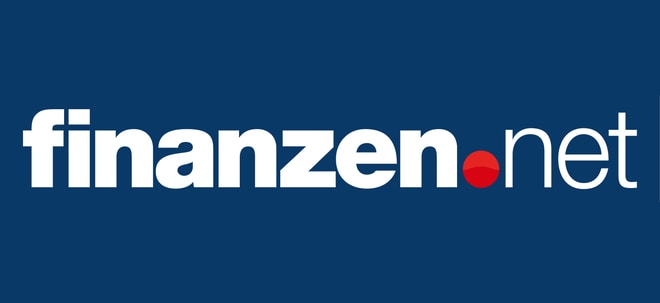ClinicPulse.ai Launches AI Healthcare Solution
Healthcare automation is democratizing access to care in America, moving from a luxury for large hospital networks to a necessity for smaller clinics and independent practices. This shift is driven by the increasing accessibility of healthcare technology, particularly through bundled solutions like ClinicPulse CRM, which integrate automation features into all-in-one platforms. These platforms eliminate technical and financial barriers, empowering smaller healthcare providers to embrace automation without significant financial strain.
The benefits of accessible healthcare automation extend to improved patient care by reducing the administrative burden on healthcare professionals. By automating tasks such as appointment scheduling, billing, and insurance verification, doctors and nurses can dedicate more time to patient interaction, leading to better diagnoses, treatment plans, and overall satisfaction. Improved data management, ensuring accurate and up-to-date patient records, is another significant advantage, crucial for informed decision-making and coordinated care, especially for patients with complex medical histories.
The future of healthcare automation is shaped by several key trends, including AI-powered automation, which analyzes patient data to identify patterns, predict health risks, and personalize treatment plans. Cloud-based solutions are also vital, making healthcare automation more affordable and scalable by eliminating the need for expensive on-premise infrastructure. The rise of telehealth further drives the demand for accessible healthcare automation, as these platforms can be seamlessly integrated with automation tools to streamline virtual consultations, remote patient monitoring, and online prescription refills.
Despite the immense potential, challenges remain, including data security and privacy, which require robust security measures to prevent data breaches and comply with regulations like HIPAA. Training and adoption are also critical, as healthcare professionals need adequate support to effectively use these tools and overcome resistance to change. Interoperability, ensuring seamless data exchange between different healthcare systems, is essential for coordinated care and requires standardized data formats and APIs.
The accessibility of healthcare automation is a matter of social justice, empowering smaller clinics and independent practices to create a more equitable and efficient healthcare system for all Americans. The U.S. healthcare system loses an estimated $278 billion annually due to administrative inefficiencies, and automation has the potential to significantly reduce these losses. Prioritizing vendors that offer seamless integration with existing systems and proven data security features is crucial for healthcare providers considering embracing healthcare automation.
An expert interview with Dr. Alistair Humphrey emphasizes that the vision of a healthcare system free from administrative burdens is attainable through widespread healthcare automation. The healthcare automation market is estimated to reach $42.24 billion in 2024, reflecting significant growth and investment in this technology. Bundled solutions and cloud-based platforms are key factors driving this accessibility revolution, empowering smaller providers to embrace automation without overextending resources.






